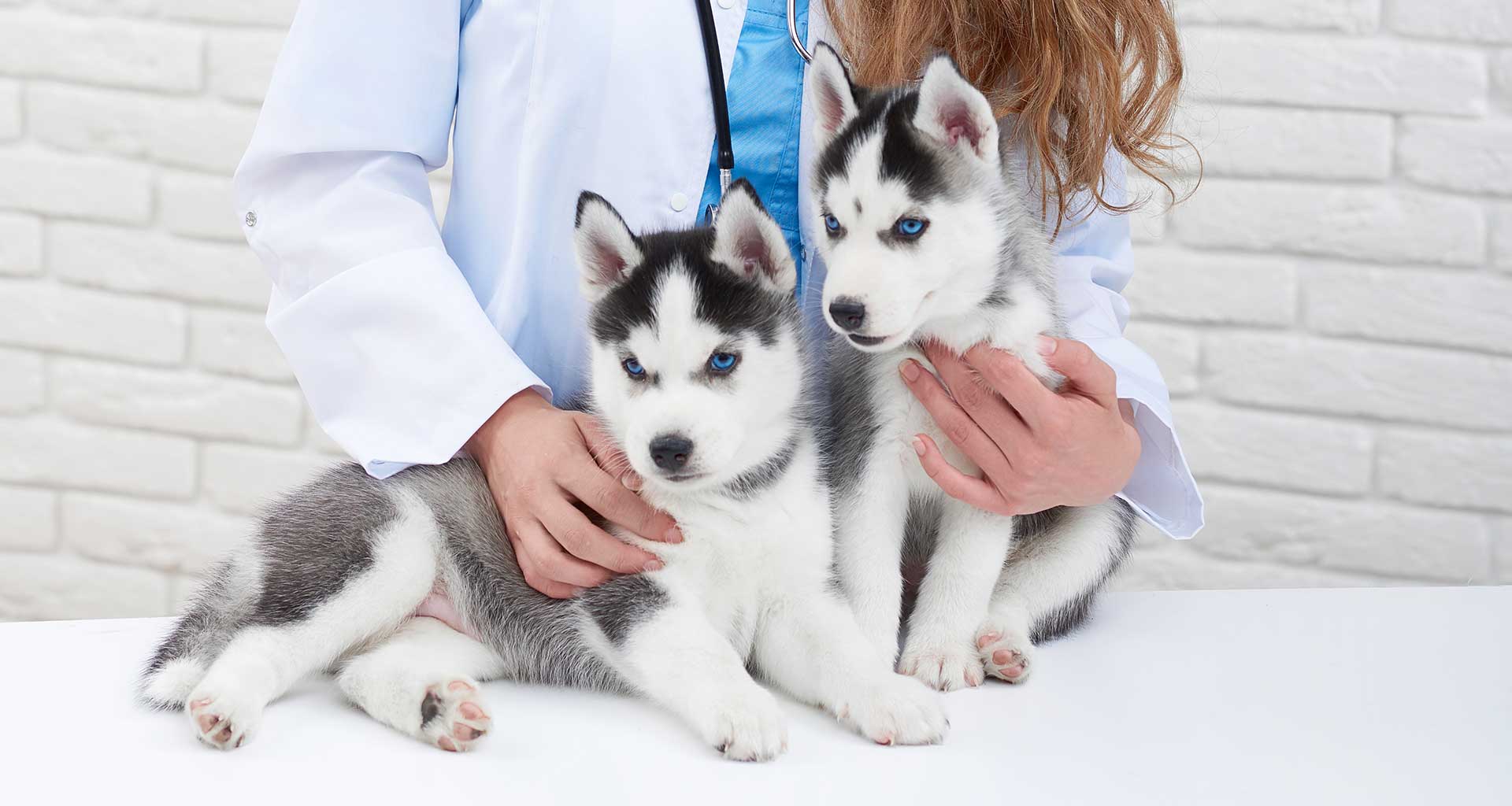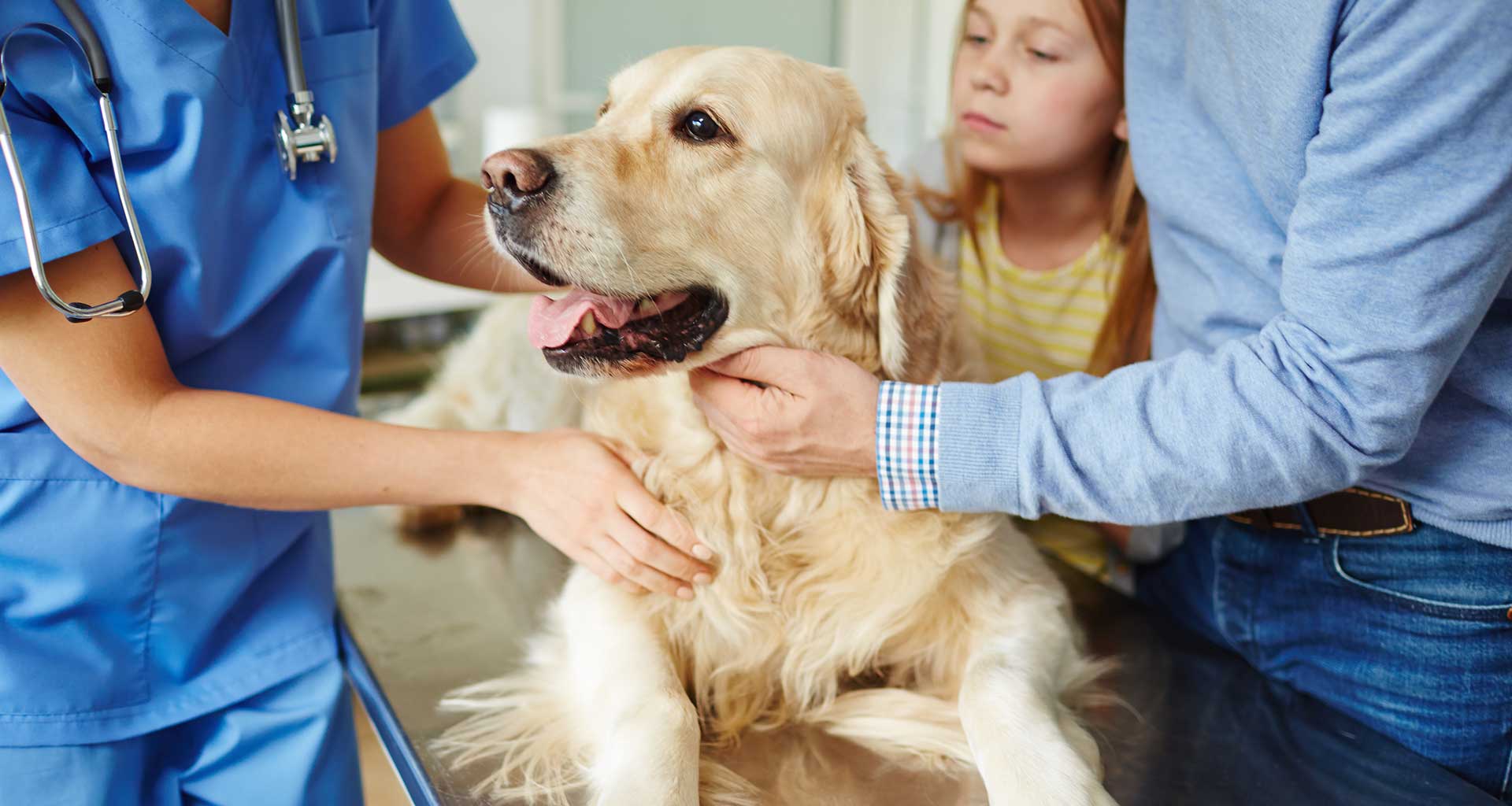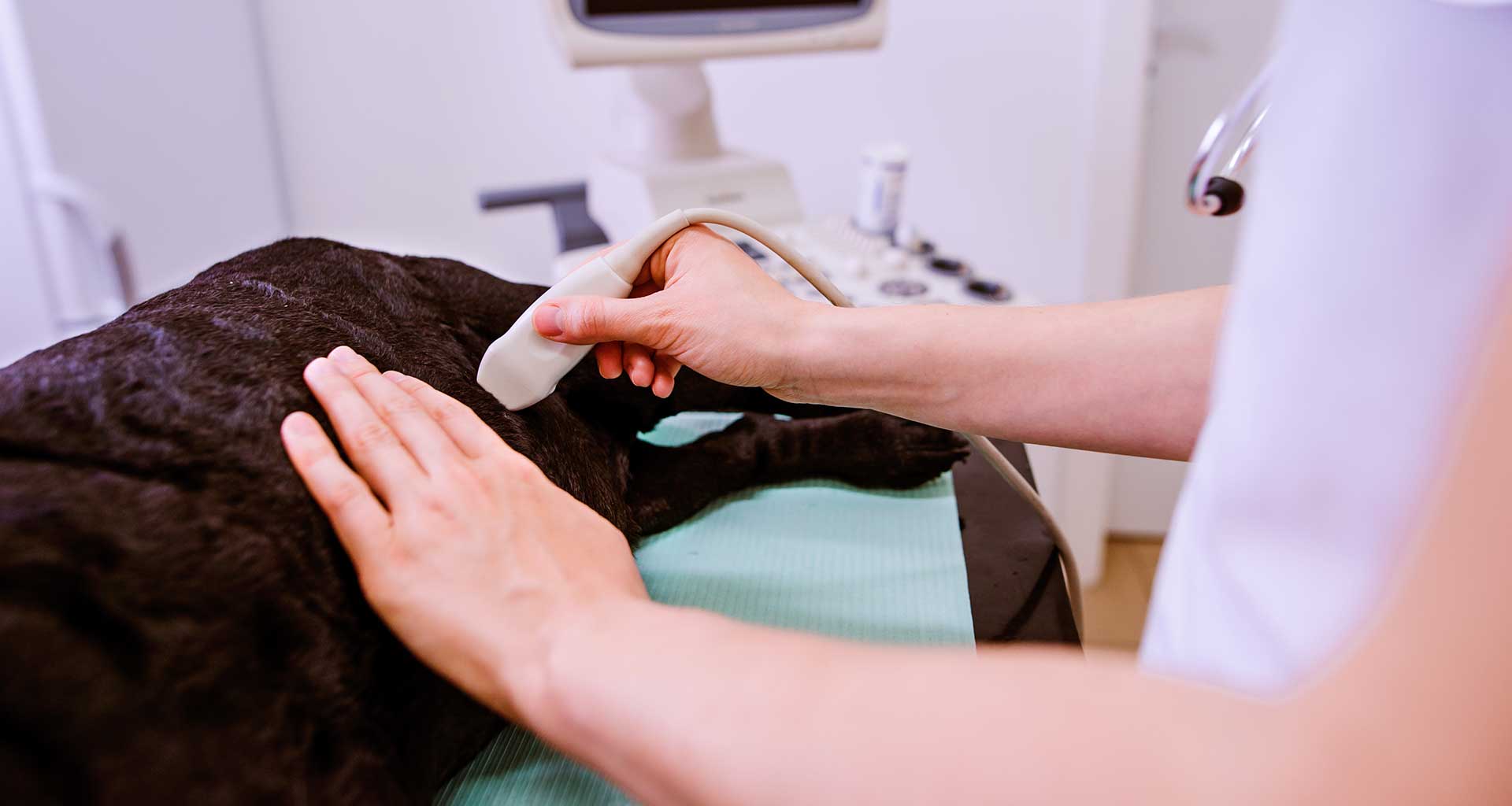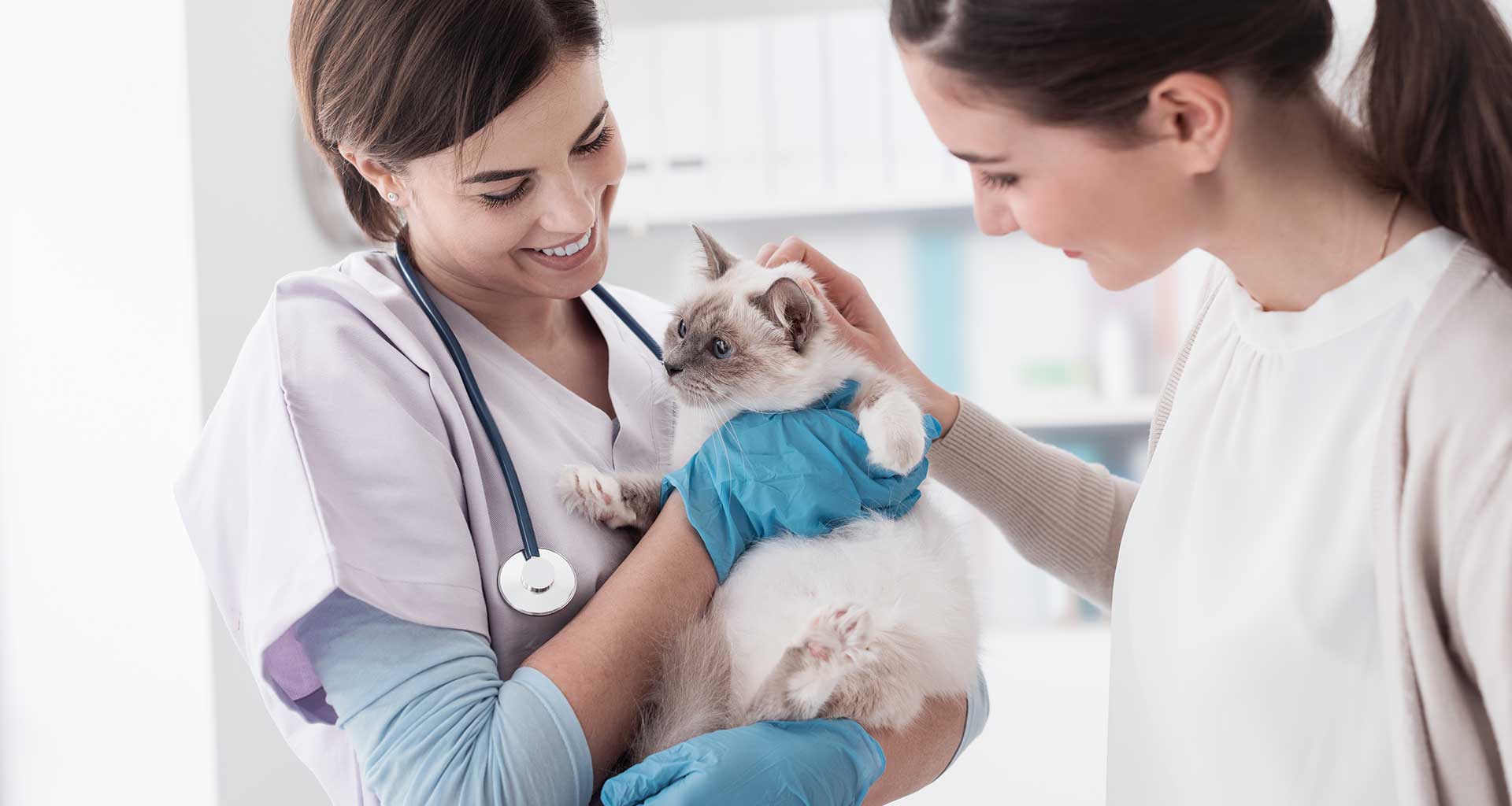Are vaccinations important for pets?
Vaccinations are important for cats and dogs as they help to protect both animals from illnesses and in some cases, death. It is important to get your pet vaccinated regularly against the most common diseases, as not doing so could lead to serious health problems down the track. Here we take a look at common vaccinations your cat or dog needs and when you should get them. Please note vaccine advice and timing can vary for a variety of reasons. At your appointment, your veterinarian will provide personalised advice.
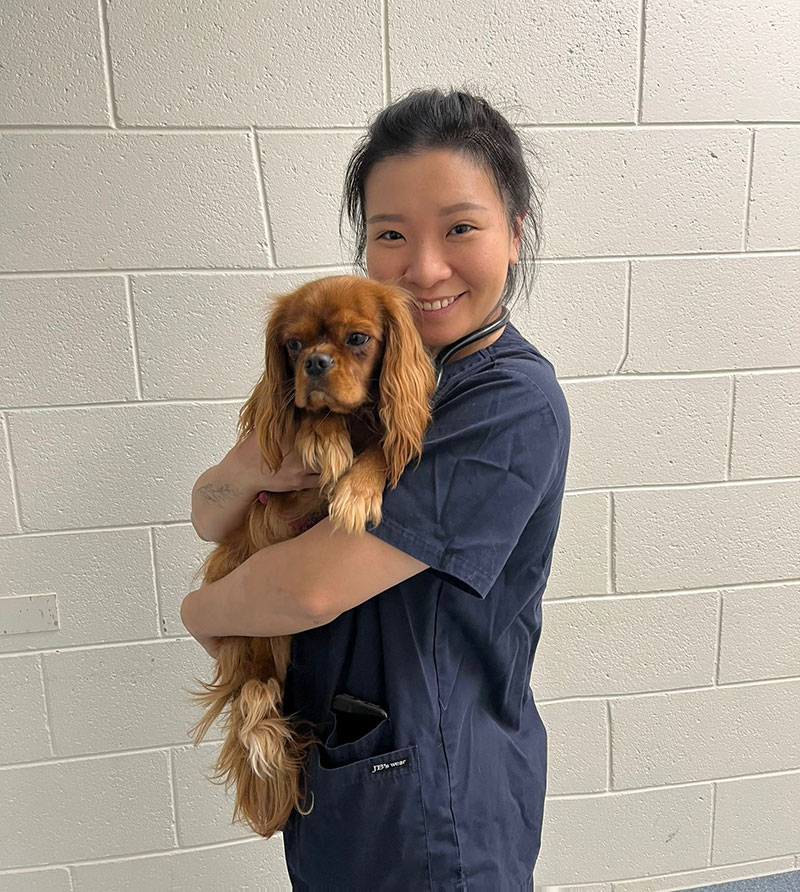
What vaccines are required for cats and dogs?
Cats
Cats are generally classified as indoor-only or outdoor, which influences their vaccination needs. At your appointment, your vet will recommend the most appropriate vaccination schedule based on your cat’s environment and risk factors.
Cats should typically receive their first vaccinations at 8–10 weeks of age, followed by a second at 12–14 weeks, and a final booster at 16–18 weeks. After the initial course, annual boosters may be recommended based on the cat’s lifestyle.
Core vaccines for cats typically include Feline Panleukopenia (FPV), Feline Herpesvirus-1 (FHV-1), and Feline Calicivirus (FCV). Additional non-core vaccines such as Feline Immunodeficiency Virus (FIV) and Feline Leukemia Virus (FeLV) may be advised for outdoor cats or those at higher risk of exposure.
Dogs
Dogs typically receive their first vaccination at 6–8 weeks of age, followed by a second at 12-14 weeks, and a final booster between 16–18 weeks, depending on your veterinarian’s guidance. After this initial course, annual boosters are recommended for lifelong protection.
This schedule may change based on the specific vaccines used and when your pet’s first consultation took place.
Core vaccines for dogs typically include Distemper, Hepatitis, Parvovirus, and Bordetella Bronchiseptica. Leptospirosis vaccination may also be advised depending on the geographical location of your dog.
For both cats and dogs, an annual or triennial booster is required as recommended by your vet.
Who can administer Vaccinations for cats and dogs?
The responsibility for administering vaccinations falls on two professions: veterinarians and veterinary nurses.
Veterinarians are qualified professionals who hold a degree from an accredited university. Veterinary nurses also have specialised training and experience in caring for animals and are able to administer vaccinations under the supervision of a veterinarian. When selecting someone to provide your pet’s vaccination, make sure they are either a licensed veterinarian or veterinary nurse with the appropriate qualifications.
Whether you seek out a vet nearby or one further away, they will be able to provide advice on which vaccines your dog or cat needs based on their lifestyle. This includes any travel abroad or visits to public places such as groomers or boarding kennels where certain health conditions may be more common.

Are all pet vaccinations necessary?
The necessity of pet vaccinations is an issue that has been the source of considerable debate among veterinary professionals and pet owners. While there may be varying opinions on the matter, it is generally accepted that regular and appropriate vaccinations are a fundamental component of preventative healthcare for pets. Vaccinations provide immunity against a range of diseases that can cause severe health implications, including death, in both cats and dogs.
Are there any risks associated with vaccinating a pet?
With any medical procedure, there are potential risks associated with vaccinating a pet that owners should be aware of before taking their animal to the vet for vaccination. It is extremely rare for any significant reaction to a vaccine, but just in case its worth being aware of what to watch out for so you pet can receive additional treatment if required.
The most common side effect associated with vaccinations is local inflammation at the injection site. This can cause soreness or tenderness in the area and could result in a lump being present after the vaccination takes place. Some pets may also experience fever, lethargy or even vomiting. These symptoms should subside within a few days; however, if they persist longer than this, it may be advisable to take your pet back to the vet for further advice or assessment.
Vaccines help protect against diseases that can cause serious illness or even death in dogs and cats. Commonly given vaccines for dogs include protection from canine parvovirus, distemper, and leptospirosis while cats may need protection from feline panleukopenia virus (FPLV) and feline herpes virus type 1 (FHV-1). If you take your dog or cat to vet then they will advise which vaccines are necessary for their breed, location and lifestyle.
Should you get your pet vaccinated?
Vaccines are a great way to keep our pets healthy and safe. Not only do vaccines help prevent certain diseases, but they can also help eliminate the need for more expensive treatments if an animal does become sick. Vaccines can be a simple and cost-effective way of protecting our furry friends from a variety of illnesses and ailments. As pet owners, it is our responsibility to ensure their good health by making sure they get the vaccinations they need.
